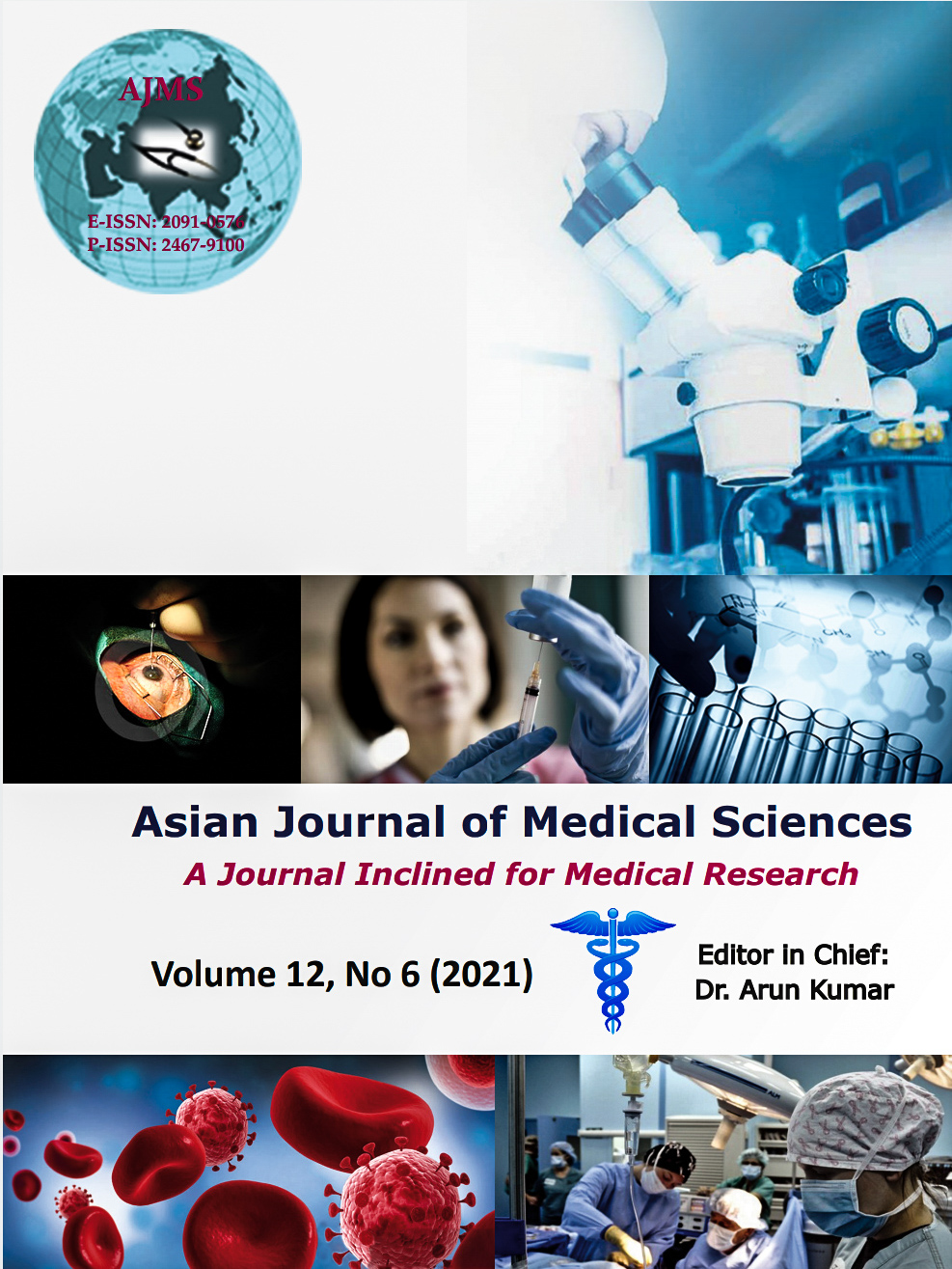Non Government Organizations (NGO)-The gap fillers during COVID-19 lockdown in Assam, India
Keywords:
Cancer, Assam, Non-Government Organizations, Covid-19, anxiety, depressionAbstract
COVID-19 pandemic caused due to SARS-CoV2 has disrupted the spectrum of health care. The wide arrays of supportive and palliative care needed for patients with ailments were grossly neglected, due to the diversion of resources and healthcare professionals in COVID management. This deficiency was further exaggerated by extended lockdown and closure of outdoor patient care services resulting in unprecedented crisis in disease management. Further, COVID-19 has been associated with increased risk of morbidity and mortality arising from associated risk factors in geriatric subjects and those with other high risk co-morbidities like hypertension, COPD, diabetes and cancer. North East Indian states and the adjoining regions seem to have suffered substantially during the COVID-19 crisis due to their pre-existing vulnerabilities and under developed health care infrastructure and logistics. This deficiency, however, seems to have been fulfilled substantially by the participation of NGO (Non-Government Organizations) and other volunteer services who has actively participated to provide basic healthcare and other life support to cancer patients in this crisis.
Downloads
Downloads
Published
How to Cite
Issue
Section
License
Authors who publish with this journal agree to the following terms:
- The journal holds copyright and publishes the work under a Creative Commons CC-BY-NC license that permits use, distribution and reprduction in any medium, provided the original work is properly cited and is not used for commercial purposes. The journal should be recognised as the original publisher of this work.
- Authors are able to enter into separate, additional contractual arrangements for the non-exclusive distribution of the journal's published version of the work (e.g., post it to an institutional repository or publish it in a book), with an acknowledgement of its initial publication in this journal.
- Authors are permitted and encouraged to post their work online (e.g., in institutional repositories or on their website) prior to and during the submission process, as it can lead to productive exchanges, as well as earlier and greater citation of published work (See The Effect of Open Access).




